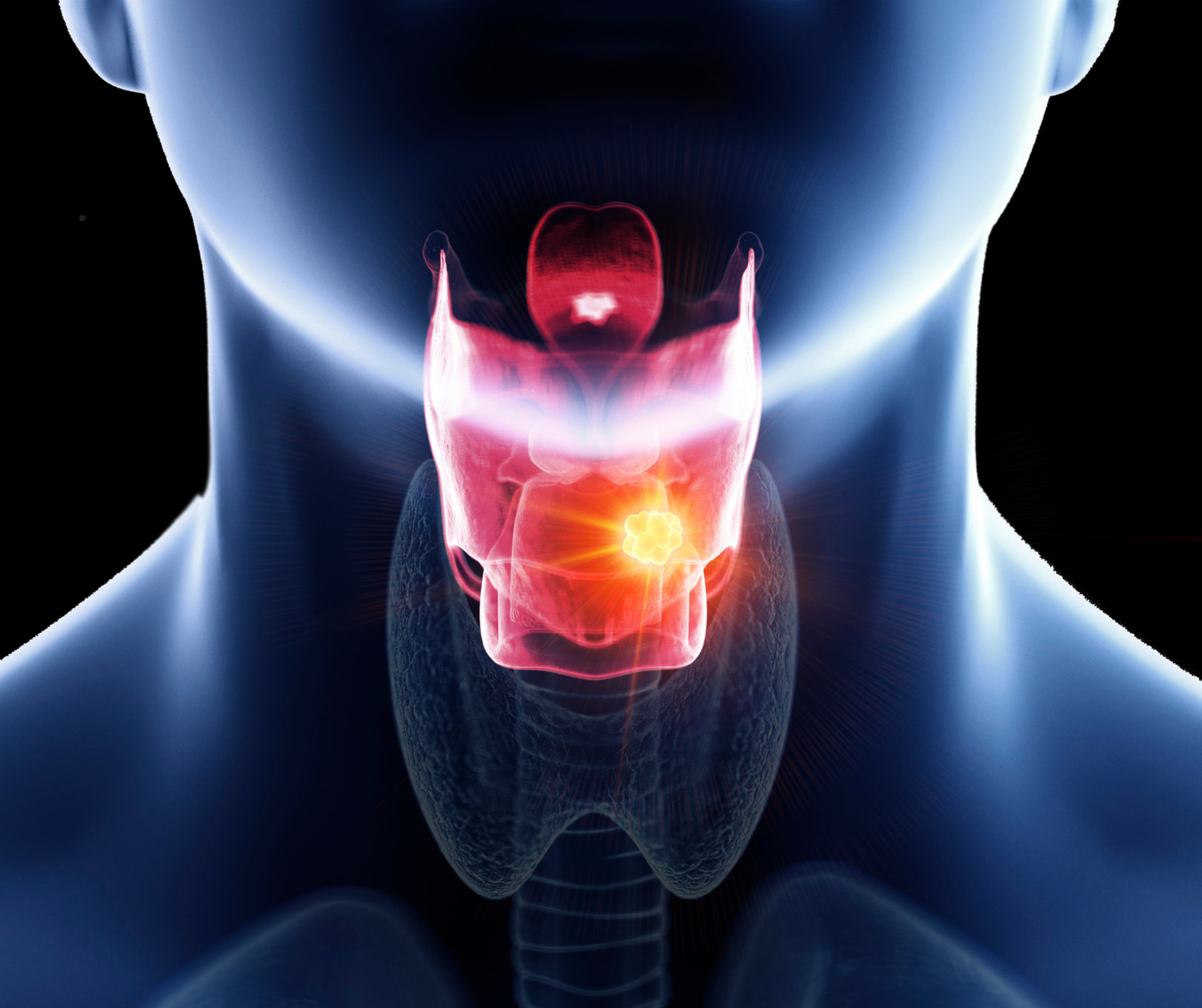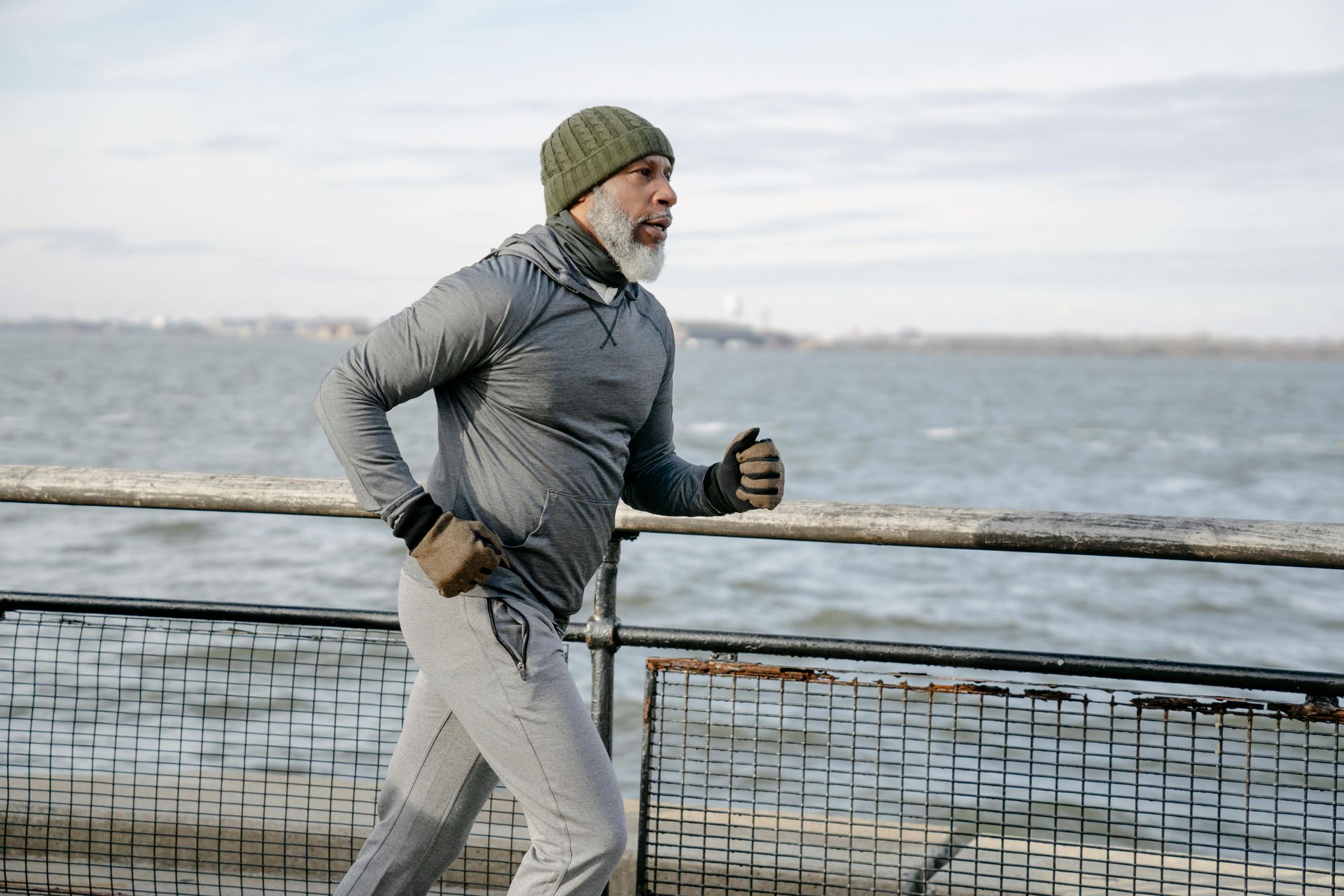Preparing for a Marathon: The Importance of Running Slow
Training for a marathon is not just about pushing yourself to the limits; it's also about understanding the value of slowing down. This might sound counterintuitive, but running slowly can be a vital component of your marathon preparation. Let's explore why and how to incorporate it effectively into your training regimen.
Understanding the Benefits of Slow Running
Why Slow Down?
Slow running plays a crucial role in building endurance, improving your recovery, and reducing the risk of injury. It allows your body to adapt to long distances, ensuring you're marathon-ready.
Building Endurance
Running at a slower pace increases your body's efficiency in using fat as a fuel source, which is essential for long-distance running. It also helps in improving cardiovascular health without overstraining the heart.
Top Tips for Effective Slow Running
1. Monitoring Your Heart Rate
Using a heart rate monitor is an excellent way to ensure you're running at the right pace. Aim for a heart rate of around 130-150 beats per minute. If you find your heart rate rising above 165 BPM it's a sign to slow down.
2. Rate of Perceived Exertion (RPE)
The RPE scale is a simple yet effective tool to measure your effort level. On a scale of 0 to 10, where 0 is no effort and 10 is maximum effort, your long slow runs should be at about a 3. This level ensures you are training effectively without overexerting.
3. The Talk Test
A practical and straightforward method is the talk test. If you find yourself struggling to maintain a conversation while running, you're likely going too fast. Slow down until you can comfortably talk.

Integrating Slow Running into Your Training
Creating a Balanced Schedule
Mix slow runs with intervals of faster running or other types of training. This variety not only keeps your regimen interesting but also challenges your body in different ways.
Listening to Your Body
Always be attentive to what your body tells you during training. If you're feeling overly fatigued or in pain, it may be a sign to take it easy.
The Importance of Calf Exercises
Preventing Injuries
Incorporating calf exercises into your routine is crucial for preventing injuries. Strong calf muscles support your legs during long runs and help in maintaining a good running form.
Complementing Slow Running
Calf strengthening exercises complement slow running by building the necessary muscle endurance. This combination significantly reduces the risk of injuries and prepares your body for the demands of a marathon.
Conclusion
Remember, marathon training is a journey that requires patience, dedication, and a smart approach. Incorporating slow running into your training schedule is an effective way to build endurance, prevent injuries, and prepare your body for the challenge ahead.
Ready to Start?
If you're gearing up for a marathon and need expert guidance, Contact Chelmsford Physio. We are here to support you every step of the way with tailored advice and
physiotherapy treatment to enhance your training and ensure you're race-ready.



